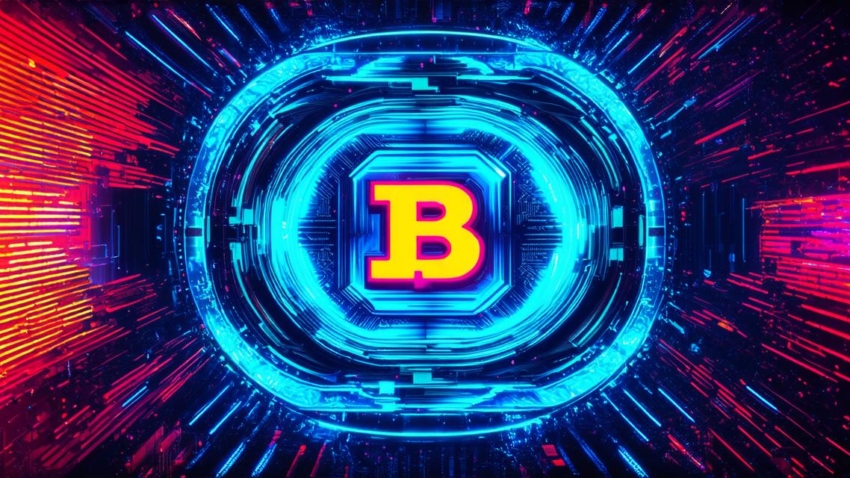
Are NFTs still valuable in 2024
Introduction:
Non-Fungible Tokens (NFTs) have taken the world by storm since their inception. These unique digital assets, which allow for ownership and transfer of items such as art, music, and collectibles, have quickly become a popular trend among tech enthusiasts and collectors alike.
The Rise of NFTs:
Before we delve into the topic of NFTs’ value in 2024, it is important to understand the rise of these digital assets. NFTs first emerged in the world of cryptocurrency as a way to tokenize unique digital items such as art and collectibles.
The popularity of NFTs grew rapidly, with high-profile artists and celebrities starting to create and sell their own NFTs. In addition, companies such as Coca-Cola and McDonald’s began to explore the use of NFTs in marketing campaigns, further solidifying their potential as a valuable asset class.
The Case for NFTs:
Despite the hype surrounding NFTs, many experts believe that these digital assets will still be valuable in 2024. One key factor supporting this view is the growing demand for unique and authentic items.
NFTs provide a solution to this demand by allowing for ownership and transfer of these unique digital items. In addition, NFTs offer a level of security and authenticity that traditional methods of ownership cannot match. Each NFT is stored on a blockchain, providing a tamper-proof record of ownership and transfer.
Moreover, the use of NFTs in various industries, such as gaming, finance, and entertainment, has shown promising results. In-game NFTs have become increasingly popular, allowing players to own and trade unique items within a game’s economy. Similarly, NFTs are being used in the financial industry to create new types of investment vehicles, such as fractional ownership of artworks.
The Risks of NFTs:
While there is no denying that NFTs have great potential, they also come with a number of risks. One major risk is the potential for over-hyping and speculation.
Like any new technology or asset class, NFTs are subject to the whims of the market, and their value can be inflated by hype and speculation.
In addition, the lack of regulation and oversight in the NFT market has raised concerns about fraud and abuse. While blockchain technology provides a level of security and transparency, it is not foolproof. There have been instances of fraudulent activity in the NFT market, where fake or stolen items have been sold as authentic.
The Future of NFTs:
Given these risks, it is important to approach the future of NFTs with caution. While they may still be valuable in 2024, it is essential that the market remains regulated and secure.
This will require collaboration between government agencies, industry leaders, and technology experts to ensure that NFTs are used ethically and transparently. In addition, it is important to remember that NFTs are just one tool in a larger ecosystem of digital ownership and transfer. As technology continues to evolve, other methods of digital ownership may become more prevalent.
It is therefore essential that NFTs remain adaptable and continue to innovate to stay relevant in the coming years.
Conclusion:
In conclusion, the future of NFTs remains uncertain, but their potential as a valuable asset class cannot be ignored. While they may still be valuable in 2024, it is essential that the market remains regulated and secure to prevent fraud and abuse. Ultimately, the success of NFTs will depend on their ability to innovate and adapt to changing market conditions.
FAQs:
1. What are non-fungible tokens (NFTs)?
Non-Fungible Tokens (NFTs) are unique digital assets that allow for ownership and transfer of items such as art, music, and collectibles. Each NFT is stored on a blockchain, providing a tamper-proof record of ownership and transfer.
1. What industries are using NFTs?
NFTs are being used in various industries, including gaming, finance, and entertainment. In-game NFTs allow players to own and trade unique items within a game’s economy. Similarly, NFTs are being used in the financial industry to create new types of investment vehicles, such as fractional ownership of artworks.
1. What are the risks associated with NFTs?
The lack of regulation and oversight in the NFT market has raised concerns about fraud and abuse. In addition, the potential for over-hyping and speculation can inflate the value of NFTs.
1. How will the future of NFTs be determined?

The future of NFTs will depend on their ability to innovate and adapt to changing market conditions. The success of NFTs will also depend on collaboration between government agencies, industry leaders, and technology experts to ensure that they are used ethically and transparently.







